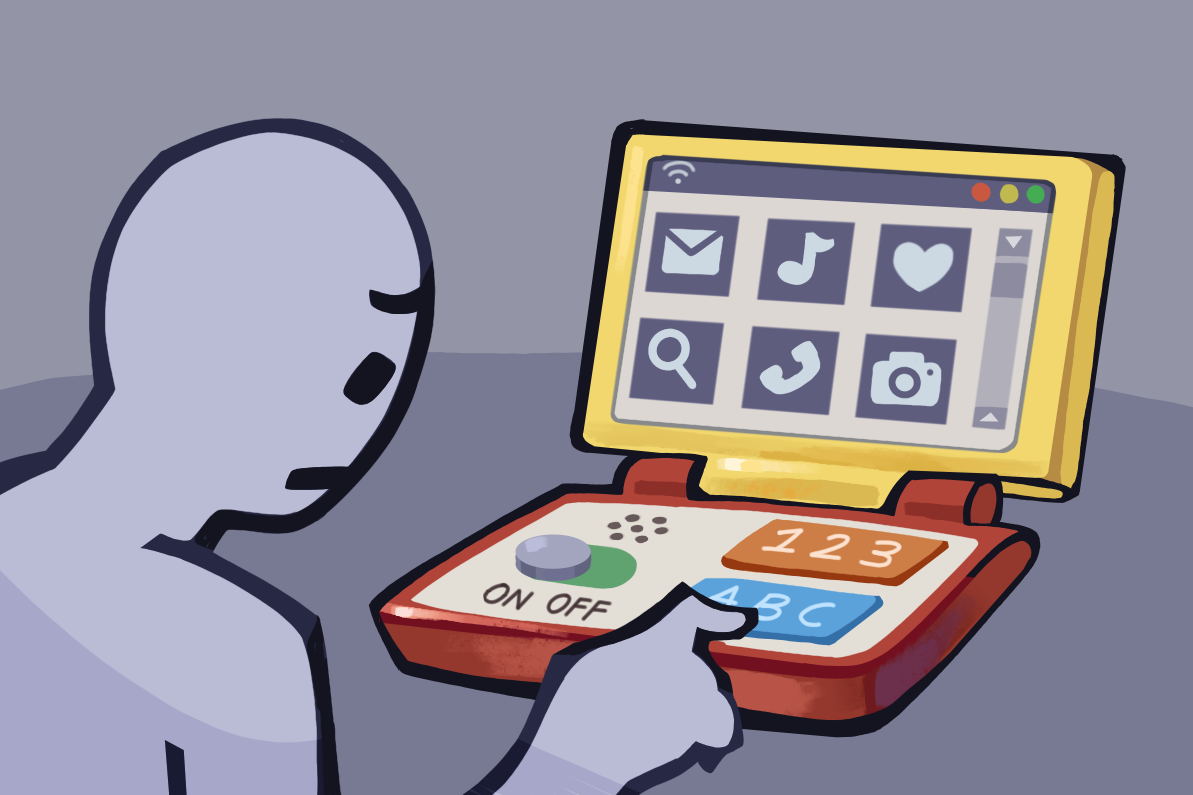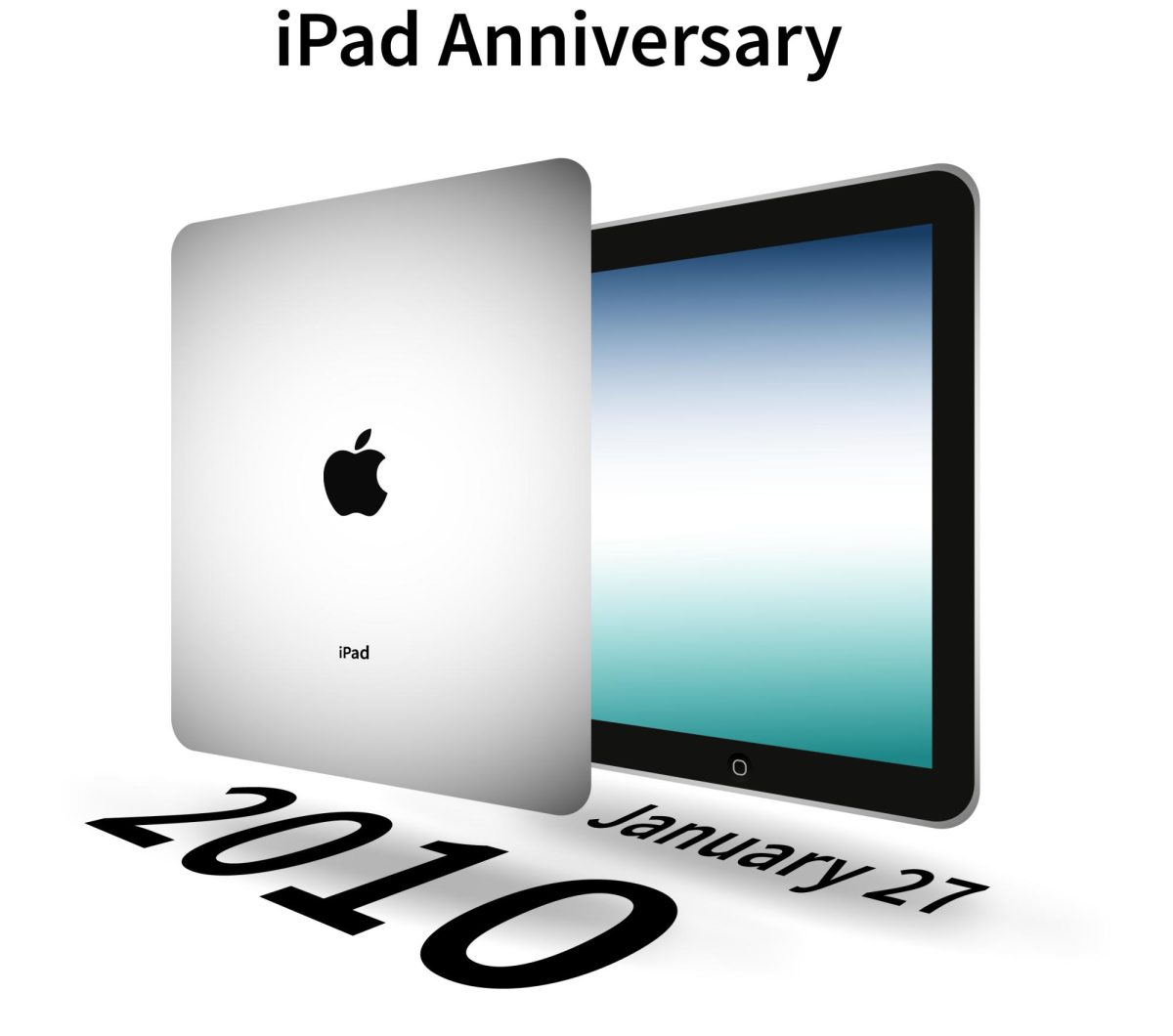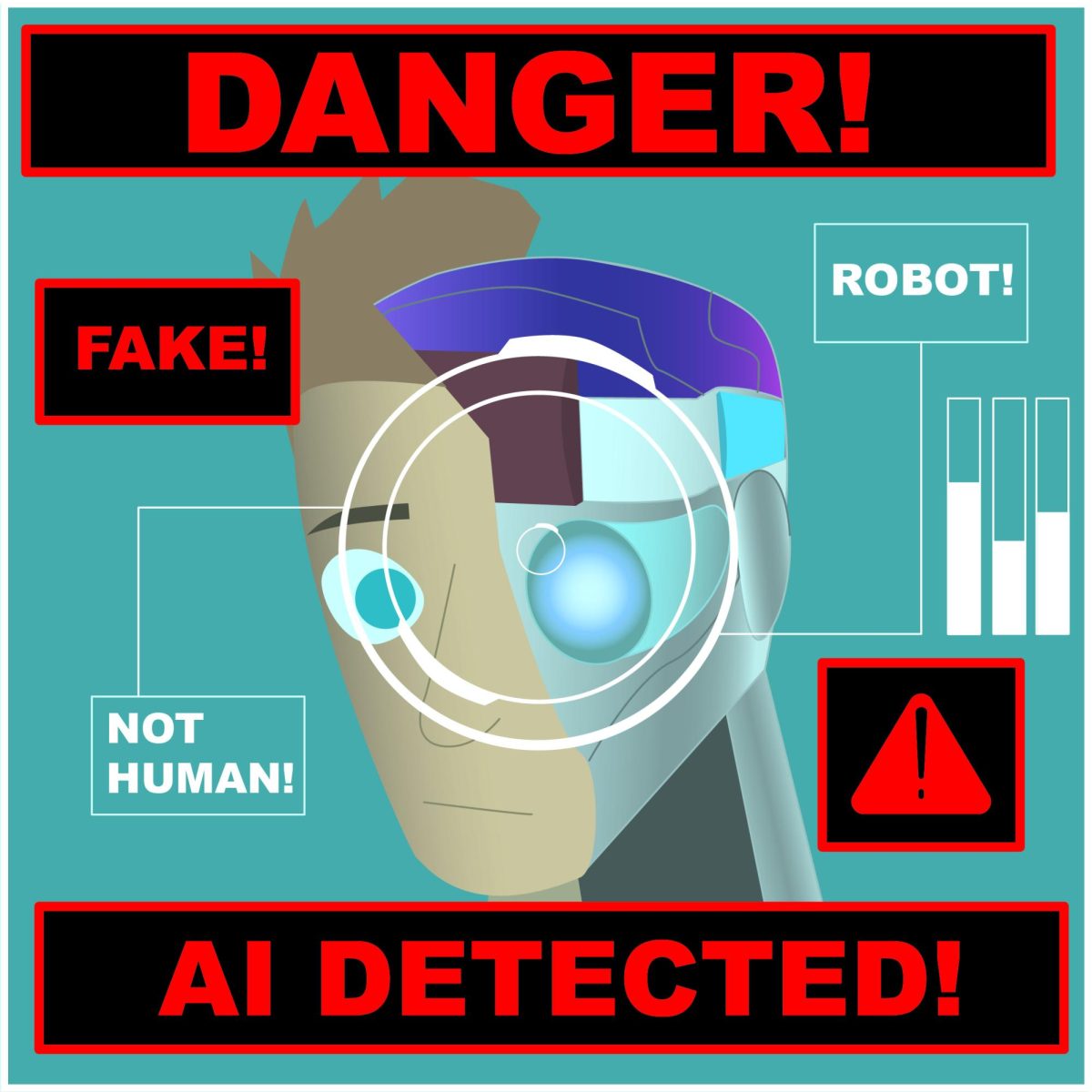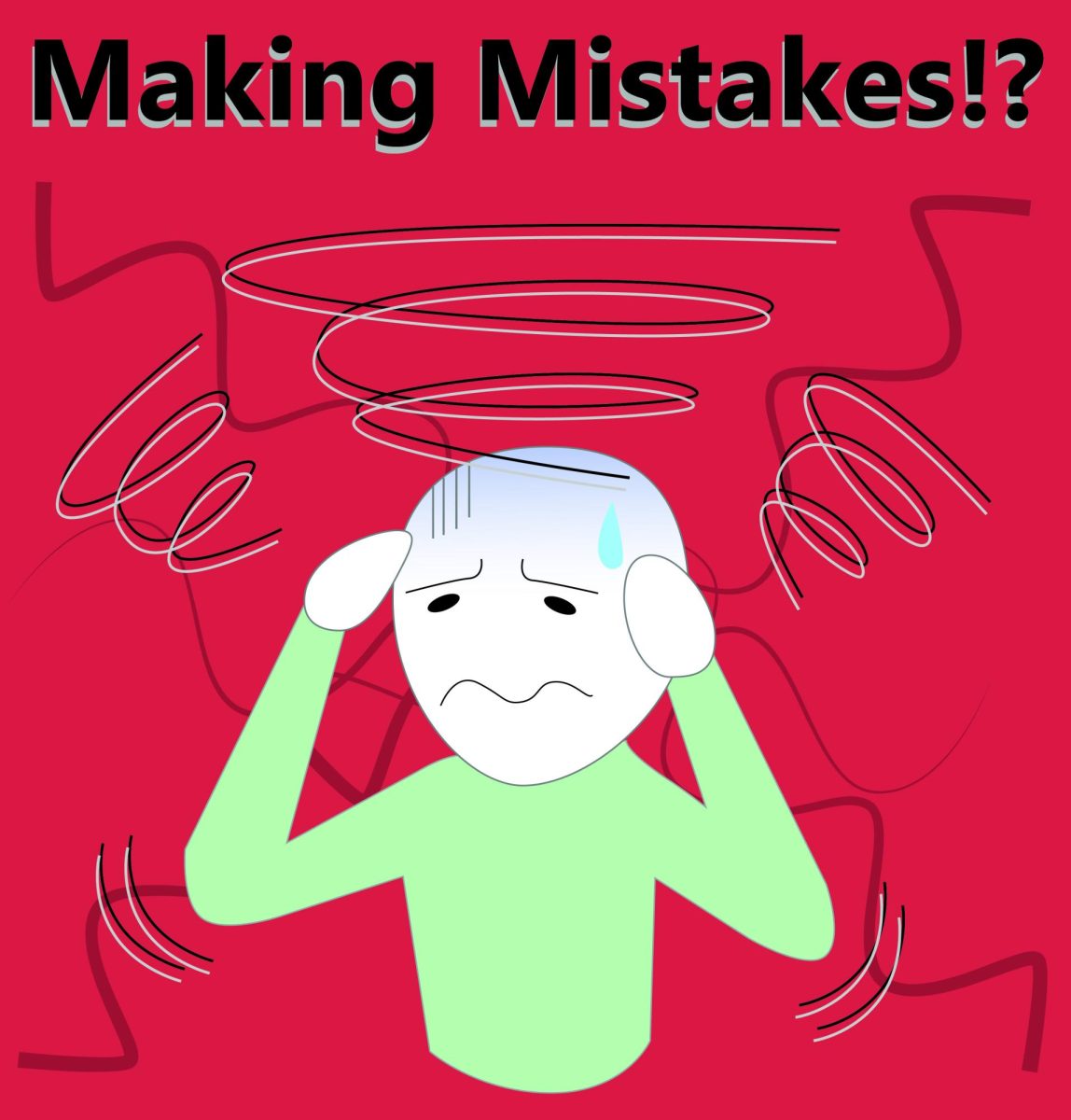Computer literacy is a vital aspect of life in our modern-day for both personal and professional use. With each passing year, it becomes easier and easier to use computer operating systems due to a mix of simplifying menus and the tools necessary to use them. However, I believe this trend could be a double-edged sword, potentially carrying significant implications for younger generations. It’s worth considering how this shift might affect us as we navigate this ever-evolving digital landscape.
One of the main ways computer operating system companies make these simplifications is by taking on the easy-to-use design philosophy of smartphones, such as Apple’s interface. While visually appealing and easy to use, it lacks many of the more in-depth options that users may wish to access.
There are many ways in which operating systems are going about doing this. One of the biggest examples is Windows 11: The new interface is far more simplistic than Windows 10 and hides many of the more important control menus behind a convoluted series of other menus.
For instance, the base sound settings page doesn’t even show the same inputs and outputs as the sound control panel. This simplification poses an issue for anyone who only learns using the more simplistic steps since they won’t have the troubleshooting skills that are often required when things go awry.
While schools have worked on incorporating how to use Google, Adobe and Microsoft Office apps, they are overlooking a major aspect of computer skills, which is how to use the operating system itself. There is often very little to no mention of how to make folders, install software or troubleshoot when issues arise.
The new generation is moving into the workforce or higher education, struggling to figure out the more intricate skills they need for a task as simple as organizing and managing folders.
When it comes to the companies themselves there are several ways in which they are creating this issue. One major aspect is operating systems are attempting to minimize user error by simplifying the options available to users.
However, this comes at the cost of being able to easily access the deeper level of the operating system for users who are more familiar with the more complex options or for new users wishing to learn.
Another part of limiting user control is it makes it far easier to monetize their operating system through ads or other such means. The companies know that if they leave their operating systems open to extensive editing, users will simply find ways of removing these monetization methods.
These changes in operating systems impact the future. They make computers more accessible to those who are not proficient but at the cost of opportunities to learn.
I think the best possible outcome is for computer companies to find a middle ground between an overly simplistic and limiting design and one that is far too complex and prone to user error. If this does not happen, I fear computer literacy will drop significantly in younger generations.















